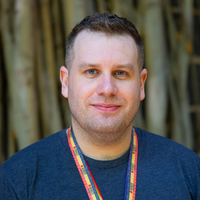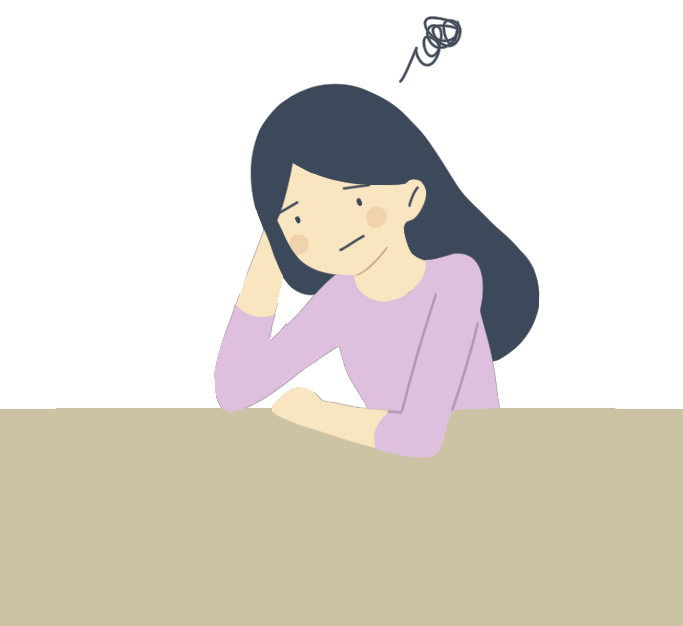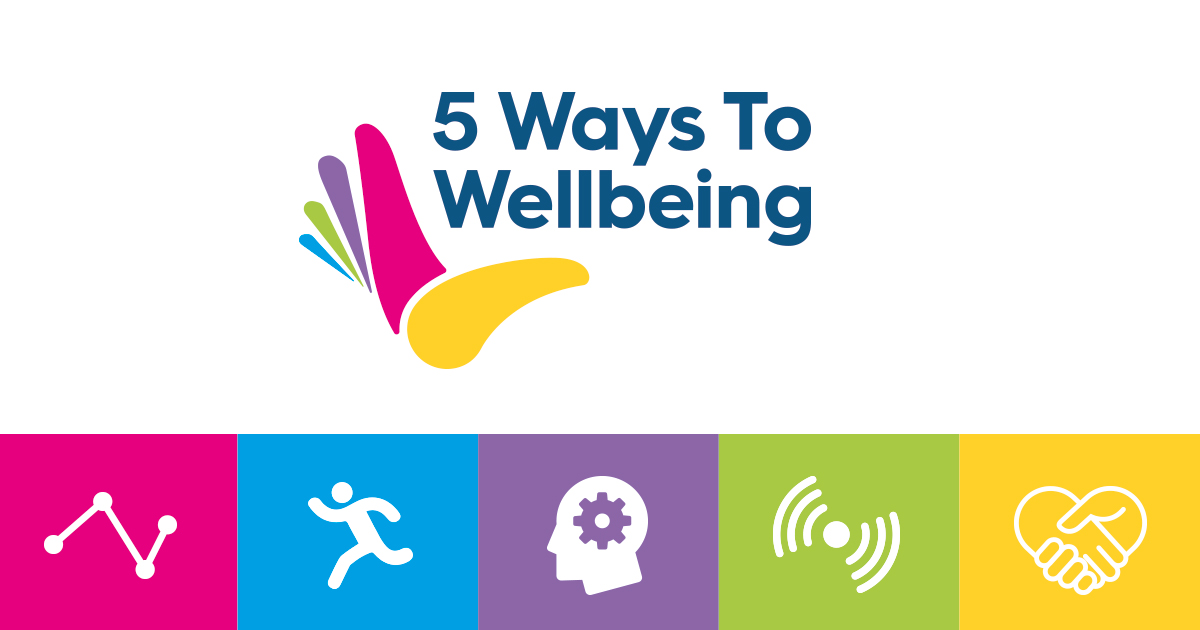 |  | Neelofar Rehman is the Director for Clinical Training in La Trobe University’s Department of Psychology, Counselling and Therapy and Michael Swadling is a Clinical Psychologist and Senior Advisor for Mental Wellbeing Initiatives at RMIT University. |
Welcome to 2023 - you have a new year full of opportunities and learning ahead of you! But as you come out of the busy holiday period and gear up towards internships, work and studying, it’s important to remember to look after yourself.
The hectic life of a student can make it easy for burnout to creep in, so it’s important to understand what it is so you can take steps to avoid it and seek the right support if you are struggling.
What is burnout?
Neelofar Rehman, the Director for Clinical Training in La Trobe University’s Department of Psychology, Counselling and Therapy, defines burnout as a sense of deflation, where the affected person can no longer perform tasks they’d normally complete easily. Clinical Psychologist and Senior Advisor for Mental Wellbeing Initiatives at RMIT University, Michael Swadling, adds that low energy, loss of motivation and a decline in productivity are other key indicators of burnout, caused by prolonged periods of stress. |
|
|
“For students, this stress stems from large amounts of work undertaken in a short period, or long periods of elevated workload without sufficient time to rest and recharge,” he says.
“‘Work’ can mean academic work, but also paid work outside of their studies, family or caring responsibilities, volunteering, or activism.” As well as this, an inability to implement “self-preservation” can be another sign of burnout, Neelofar explains.
“Self-preservation… requires for us to have some sense of self-meaning, some sense of internal boundary, internal indicator to tell us that it is too much,” she says. “So, it's like a slow creeping something that gets in and before we know, it's already taken over.”
How being a student ties in
For students, burnout can have a profound impact on their academic performance, causing them to fall behind, fail assignments, and lose confidence in their abilities. But having a high workload can be practically unavoidable, and it can often feel like there’s no room for boundaries or breaks. However, Michael says that there may come a time when you should consider slowing down.
“Getting a degree is important, but if it means risking failures or poor results impacting GPA, and possibly having to pay again to repeat a failed subject, it might be a double-edged sword,” he says.
“If it’s going to be an especially difficult semester, consider the benefits of reducing academic load by enrolling in fewer subjects than normal. This may push out the completion date but might lead to a better outcome in the long run.”
Neelofar adds that if you don’t slow down when needed, you could “run the risk of not being able to pick yourself up for a long time”. This is why it’s important to ask yourself if you actually have the capacity to take on new opportunities when they present themselves, or if you should give it a miss to ensure that other aspects of your life don’t suffer.
“Often, when things get busy we can automatically start to discard things that feel less important right now – but if we’re not paying attention, we can put aside the kind of things that actually give us the opportunity to recharge such as exercise, or socialising, or some quiet time to read and reflect,” Michael says.
What’s the solution?
There’s no single right or wrong way to rid yourself of burnout, but recognising that there’s a problem is a good first step. From there, there are several things you can do to help yourself. Neelofar says that doing less than what you think you can do is a great way to start.
“If I'm thinking on a given day I can do 10 tasks, I better try to do five and then see if I can do maybe seven,” she says.
Reminding yourself of what’s most important to you may also help you gain some perspective. While cramming in internships over summer might be a priority, is it the end of the world if you sit one out to take a break? (Hint: the answer is no!)
You can also reach out to your course coordinator, mentor or lecturers if you’re struggling. They’re there to help you, and at the end of the day they want to see you succeed! Even a small assignment extension can make a huge difference if you can’t seem to catch a break.
| Michael also mentioned that following the Five Ways to Wellbeing model is a great way to maintain balance. The model suggests that being active, aware of your surroundings, learning, helping others, and connecting with others can improve wellbeing. |
While being social is good, Neelofar specified that you shouldn’t feel pressured in social settings if you’re burnt-out.
“And that pressure could be as simple as having to say yes or no or respond in a social situation. A social connection where there is absolutely no pressure to be in a certain way,” she says.
She also emphasises that having a routine, regular rest, and allowing yourself to make a mistake are important ways to help tackle burnout. The Wheel of Awareness is another useful tool in navigating and keeping track of burnout, she adds.
Finally, you can seek psychological support. Talking to a mental health professional is an excellent way to receive targeted, personal advice for your own unique situation. It’s also good to note that many universities offer (often free) counselling, which is an excellent resource to take advantage of while you can!
But ultimately, remember to put yourself first this summer. Getting in work and extra learning before the semester begins is great, but your wellbeing should be your number one priority. Make sure you rest up and recover, and enjoy what will hopefully be a nice, warm summer!
If you’re experiencing distress, Beyond Blue and Headspace offer several resources for mental health support.
 | About The Author Clareese is a Media and Communications (journalism) graduate from La Trobe University. She worked at GradConnection as a Student Journalist where she covered a range of topics on the student blog and reported on the 2023 Top100 Awards. She’s now working in an exciting new role as a Cadet Journalist at News Corp based in NSW. |


